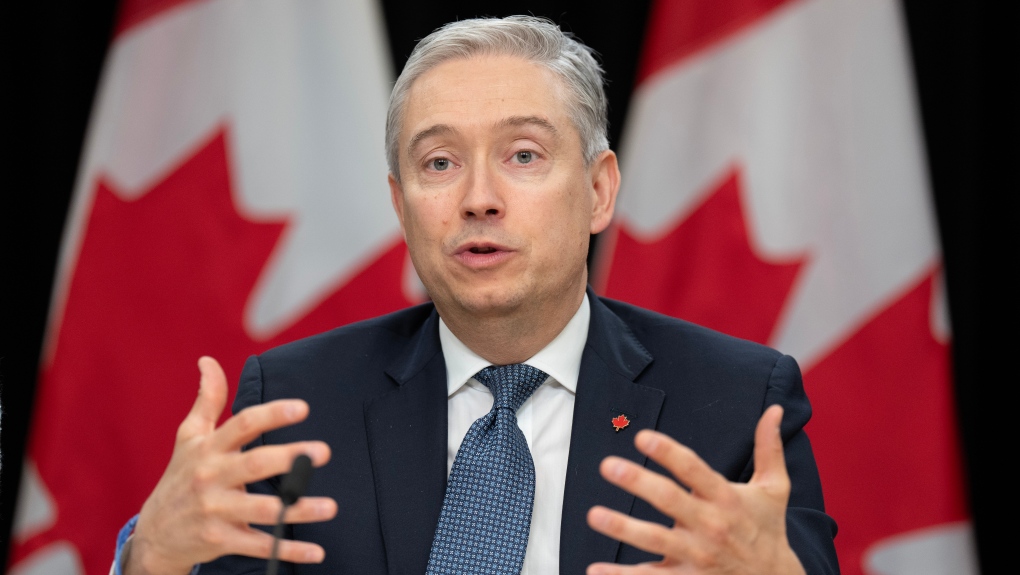Industry Minister Francois-Philippe Champagne says he’s ‘disappointed’ in the lack of transparency Canadian grocery store giants have offered so far when it comes to tackling food inflation. He’s sending a letter to Canada’s Commissioner of Competition to express his dissatisfaction.


While I appreciate that this guy is trying to get more competition, it seems like a cop out.
We had a ‘lower prices or else’ statement, they chose to respond ‘lol k’ and then did nothing. He should tax the fuck out of them, AND get the competition minister involved.
If you’re gouging on vital products, you’re fucking scum.
Ok, but realistically now, how would you even do that. What would be the law you’d implement to allow you to do that? That’s not how taxes work at all.
The gov’t can request info from the CRA on profits the big grocers make, compare them to pre-pandemic numbers and adjust their tax rate.
The other way is to reintroduce taxation rules from the 70’s (pre Reagan/Thatcher trickle-down stupidity) and force the companies to pay more for larger profits.
@girlfreddy @chris As far as I know all taxpayer information is confidential even from the government.
You can’t adjust the tax rates of INDIVIDUAL companies.
deleted by creator
And we see what happens with every other law that tries something similar. The law spends months or years in deliberation, and eventually when it passes it’s not clear enough of what a ‘grocer’ is, or whether individually owned franchises count, etc.
That’s why none of this shit ever amounts to anything but noise.
They can introduce a windfall tax, as in the specific kind of tax designed to discourage gouging.
Right, but it’s broader than just targeting 3 large grocery chains. AFAIK there’s no current law that allows the Government to tax an individual at a rate that isn’t on the books, and something like this is still years away (it’s just a recommendation after a year of study for starters).
It doesn’t help anyone struggling to put food on the table in the short term sadly, but hey let’s all just blast off into stupid land and suggest taxing them is the easy answer that will solve all of our problems. This isn’t Facebook, and the original poster’s suggestion was fucking retarded.
Who is saying only to tax the big grocery chains? It would also affect other industries (like oil and gas), according to the terms by which applicable price gouging is defined in the law. The point is to discourage unwarranted price increases by making them unprofitable after a certain point and according to specific metrics, not to punish specific industries. If you’re not familiar with the concept, you could research it further and not just broadcast your assumptions or pretend it would be done in a vacuum where no other shorter term measures could be established.
I’m well aware of that, I’m referring to the original poster’s thought thread.